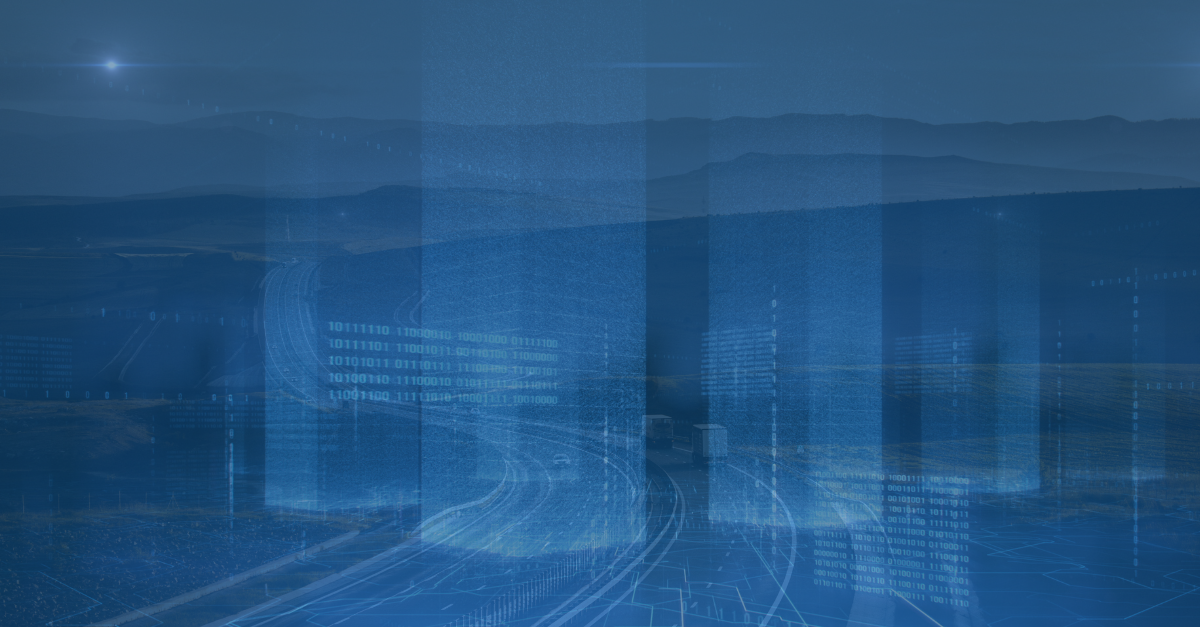The signs are everywhere. Artificial intelligence (AI) is making a major impact on the world of logistics. Consider the power of AI and machine learning (ML) to put data analytics on steroids, delivering precise recommendations on prescriptive actions and even automating some time-consuming processes.
This is true across industries and applications, and logistics is an area in direct need of this kind of analytical firepower. As supply chains have become increasingly complex, and disruptions (geopolitical, economic, etc.) are the norm, better logistics decision-making is no longer a nice-to-have capability. A recent report by Accenture estimated that 58% of all supply chain functions will either be augmented or automated by generative AI.
Therefore, it’s critical that organizations get ahead of the curve and find ways to integrate AI into their operations, in order to be prepared for whatever shocks come their way. We will look at how AI impacts logistics across transportation, warehouse, and yard management, including function-specific applications.
The Impact of AI on Transportation Management
AI’s impact is being felt in transportation management as companies look for ways to boost efficiency and gain a competitive edge in the logistics of shipments and deliveries. A recent post from Deloitte identified four areas where AI is making a significant impact on streamlining transportation management: carrier onboarding, execution and communication, freight auditing, and reporting.
In onboarding, AI can be used to automate credential verification, compliance checks, and performance evaluations. It can also go beyond standard onboarding functions to access real-time data on financial performance, sustainability, reputation, and any outstanding legal issues with carrier partners.
For execution and communication, AI can determine what kinds of information need to be shared between shipper and carrier, such as the impact of weather and traffic on current loads. Crunching vast datasets leads to better route optimization, dynamic scheduling, route optimization, and risk assessment.
Walmart, for example, has created its own AI-based route optimization tool and made it available to the broader market as a SaaS offering. Uber Freight is allowing shippers to compare service levels with their peers, which was previously a very laborious process, and it has plans to allow its AI to make recommendations for lowering shipping costs and speeding up delivery times.
With AI’s power to analyze vast data sets, root cause analysis in freight auditing can surface all aspects of carrier contract terms and compliance, and verify invoices to avoid overpayment.
AI is significantly improving and simplifying transportation reporting, according to Deloitte, by enabling non-technical managers to perform queries on specific aspects of carrier performance instead of relying on BI developers to design custom tools.
Streamlining Warehouse Management with AI
In the warehouse, AI can automate stock replenishment, analyze sales data and trends, and optimize inventory levels to reduce the incidence of overstocking (carrying costs) and stockouts (lost sales).
For order fulfillment, AI-generated algorithms can predict the most efficient pick paths and direct associates to bins, improving efficiency and boosting throughput and accuracy. AI can also provide intelligence for robotic systems used in picking and packing operations.
By analyzing stock levels, sales trends, and warehouse space utilization, AI can suggest alternative layouts to improve product positioning and order flow. Greater operational efficiency can lower costs and reduce the need for additional storage space.
In labor management, AI tools can crunch both historical data and demand forecasts to predict staffing needs and allocate staffing more efficiently. It’s estimated that using generative AI for warehouse operations will enable 99.9% picking accuracy and a 15% increase in throughput.
AI’s Growing Role in Yard Operations
Yard operations — managing vehicles and equipment, including trailers, chassis, and containers in and out of warehouses and manufacturing facilities — play a critical role in the overall supply chain. They’re also an area ripe for performance improvement through the application of AI. Other supply chain components, including warehouse management and transportation management, have seen much greater levels of investment in technology and innovation.
Advanced AI-driven systems tap data from existing security cameras to automate and optimize yard operations. They can capture identifying elements of incoming trucks, speeding up identification, verification, and gate clearance. AI also automatically tracks and keeps tabs on all yard assets for faster access and retrieval.
While yard management systems (YMS) were a leap forward in yard operations, AI provides greater real-time visibility, security, and improved vehicle flow, working in a complementary fashion with a YMS. Advanced AI systems drive greater efficiency in locating and pulling yard assets, saving time and increasing accuracy.
AI can also enhance personnel safety in yard operations and perform predictive maintenance on trucks and equipment.
Coming Soon: Performance Gains Throughout Logistics, Thanks to AI Technology
In terms of the potential benefits of AI in logistics, the sky’s the limit. From real-time supply chain visibility to enhanced demand planning, route optimization, greater yard efficiency, and smarter warehouse layouts, the variety of opportunities for performance gains will only increase.
EAIGLE, a leader and innovator in AI-driven yard operations technology, offers a solution set that delivers measurable efficiency gains from the gate to the dock. Its optical character recognition (OCR) software collects and instantly analyzes data from existing cameras to speed up gate security, reducing delays and dwell time. This same system optimizes dock scheduling, yard routing, and vehicle flow, as well as the location and status of all yard assets. To learn more about how EAIGLE can transform your yard operations, request a demo.


